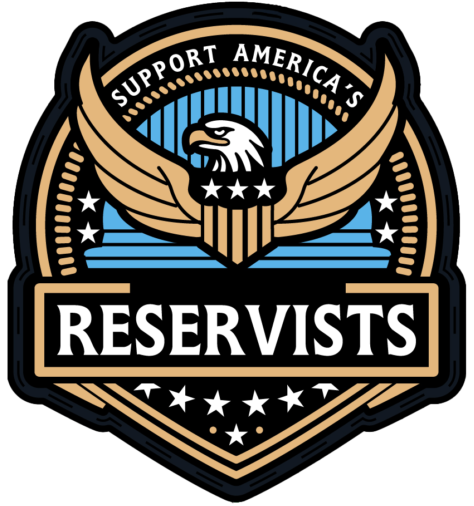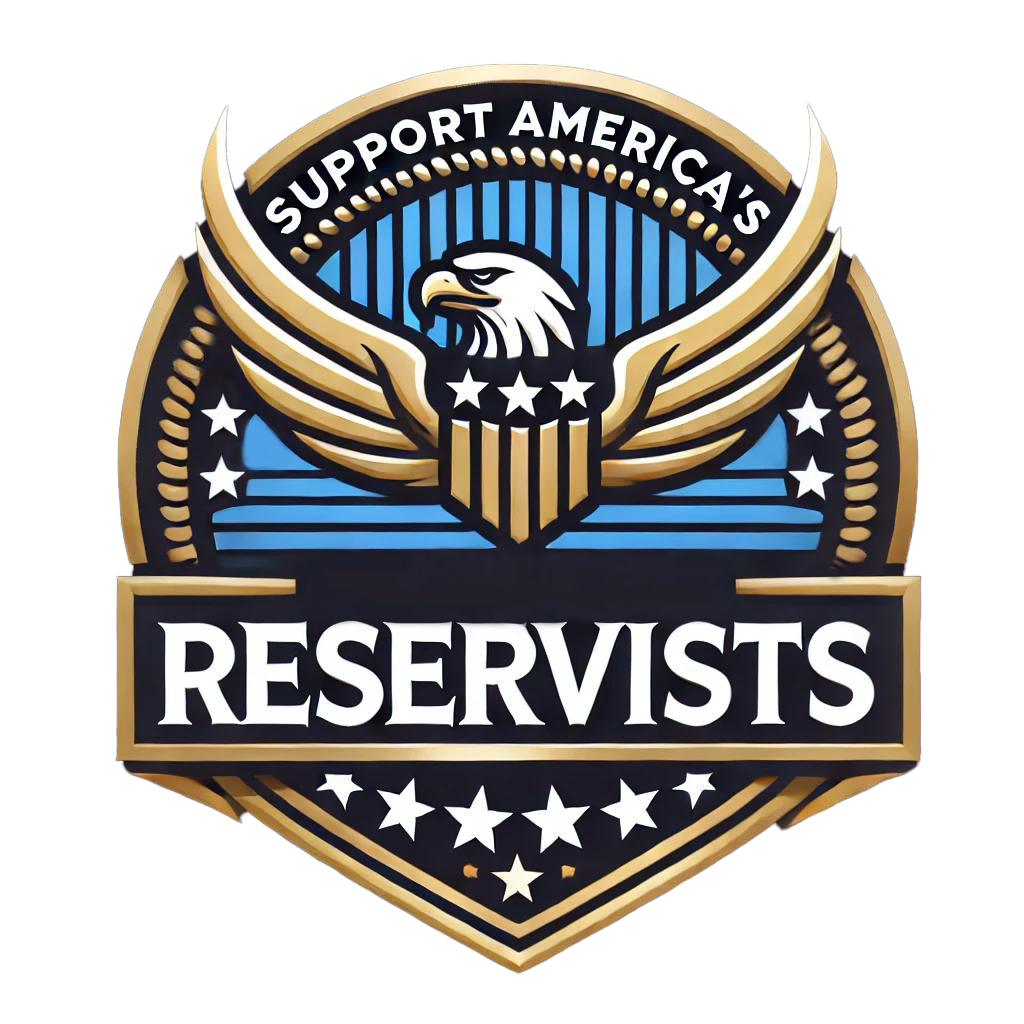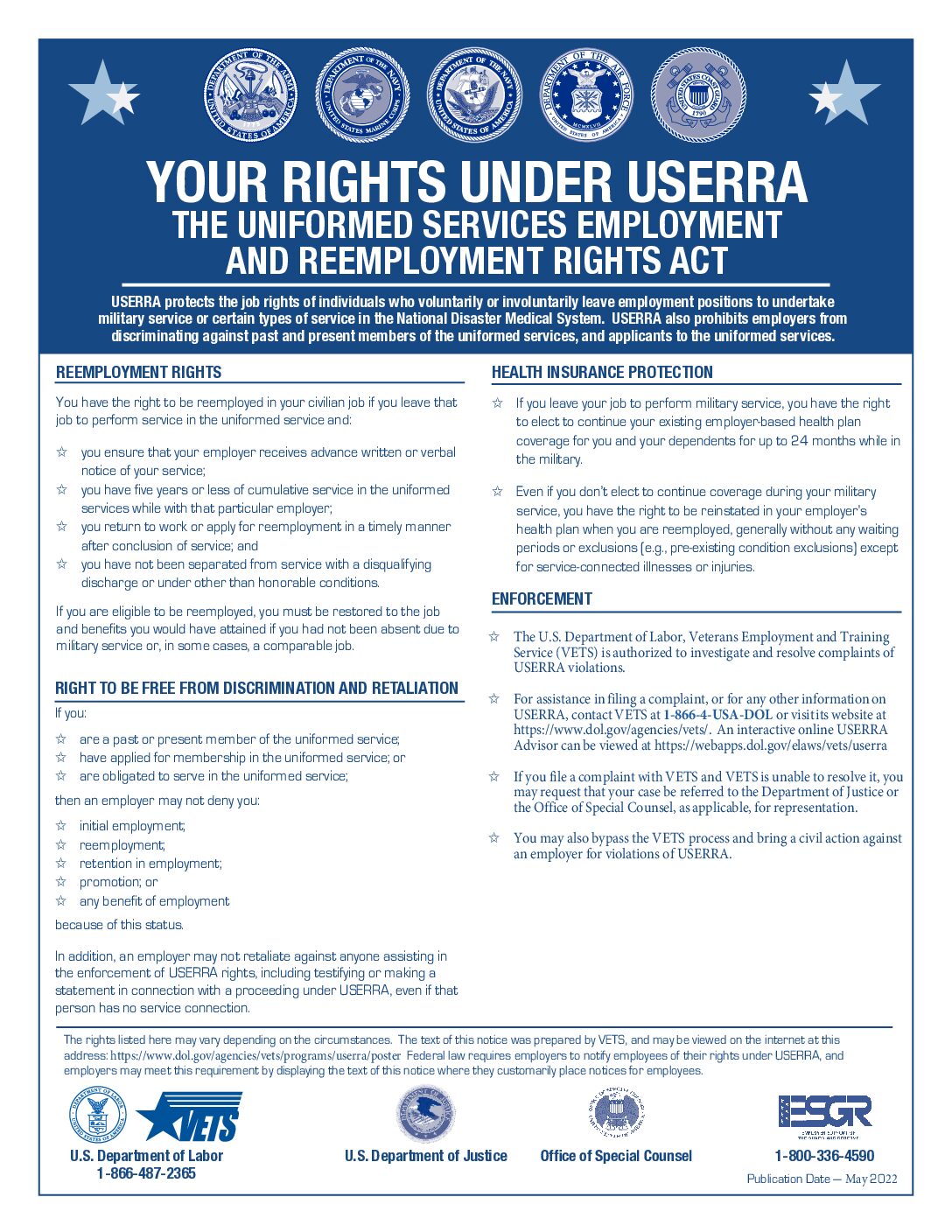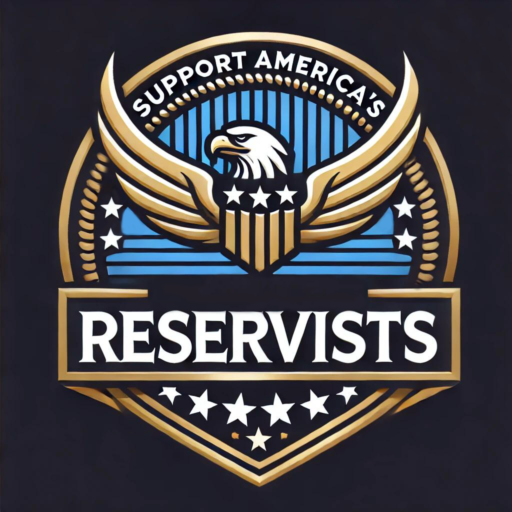Reservists are an essential pillar of our nation’s defense, juggling civilian careers while standing ready to serve when called. However, unlike their active-duty counterparts, many reservists face significant challenges due to limited access to key benefits. These obstacles can create financial and personal hardships for them and their families, making their commitment even more remarkable. Here are some of the critical issues reservists encounter:
Health Care Coverage
Reservists not on active duty often lack comprehensive health care coverage. While they may qualify for TRICARE Reserve Select, it is a premium-based plan with monthly premiums, deductibles, and co-pays. This financial burden stands in stark contrast to the no-cost coverage provided to active-duty personnel. For many reservists, these additional costs can strain their household budgets, leaving them vulnerable in times of medical need.
Delayed Retirement Benefits
Unlike active-duty service members who begin receiving retirement benefits immediately after 20 years of service, most reservists must wait until age 60 to access their retirement pay. This delay can hinder long-term financial security and leave many reservists without critical support during pivotal stages of their lives.
Limited Education Benefits
Educational opportunities are often less accessible to reservists. For example:
- Post-9/11 GI Bill: Reservists who haven’t deployed or served a qualifying active-duty period receive significantly reduced benefits.
- Tuition Assistance: Widely available to active-duty personnel, this benefit is often restricted or unavailable to reservists, depending on service branch policies and funding.
These disparities limit career advancement opportunities, making it harder for reservists to invest in their futures.
Barriers to VA Home Loans
VA home loans offer a vital pathway to homeownership for service members. However, reservists face stricter eligibility criteria, requiring either a qualifying active-duty period or six years of Selected Reserve service. This creates unnecessary hurdles for reservists striving to provide stability for their families.
Challenges with Disability Compensation
Reservists injured during inactive duty training often struggle to receive disability compensation from the Department of Veterans Affairs (VA). The continuous service status of active-duty personnel ensures broader eligibility for these benefits, leaving many reservists without the support they need after service-related injuries.
Family Support Gaps
Subsidized childcare and family readiness programs prioritize active-duty families, often leaving reservists without essential resources. Unless mobilized, their families have limited access to these crucial services, adding stress to their already demanding lives.
Why Your Support Matters
These challenges highlight why organizations like Support America’s Reservists are so critical. Many reservists facing financial hardships have no choice but to rely on informal assistance from their units, often through ad-hoc collections. This patchwork approach is neither sustainable nor sufficient.
Support America’s Reservists exists to bridge this gap and provide vital aid to those who serve us. Your donation can make a tangible difference by helping reservists cover essential costs, access critical resources, and alleviate financial stress. Every dollar contributes to ensuring these service members and their families receive the support they deserve.
As the holidays approach, your generosity is needed more than ever. By donating to Support America’s Reservists, you can bring relief and hope to those who have sacrificed so much for our nation. No amount is too small to make an impact. Together, we can ensure that reservists—our silent heroes—are not forgotten.
Please consider donating today. Your support can change lives.





